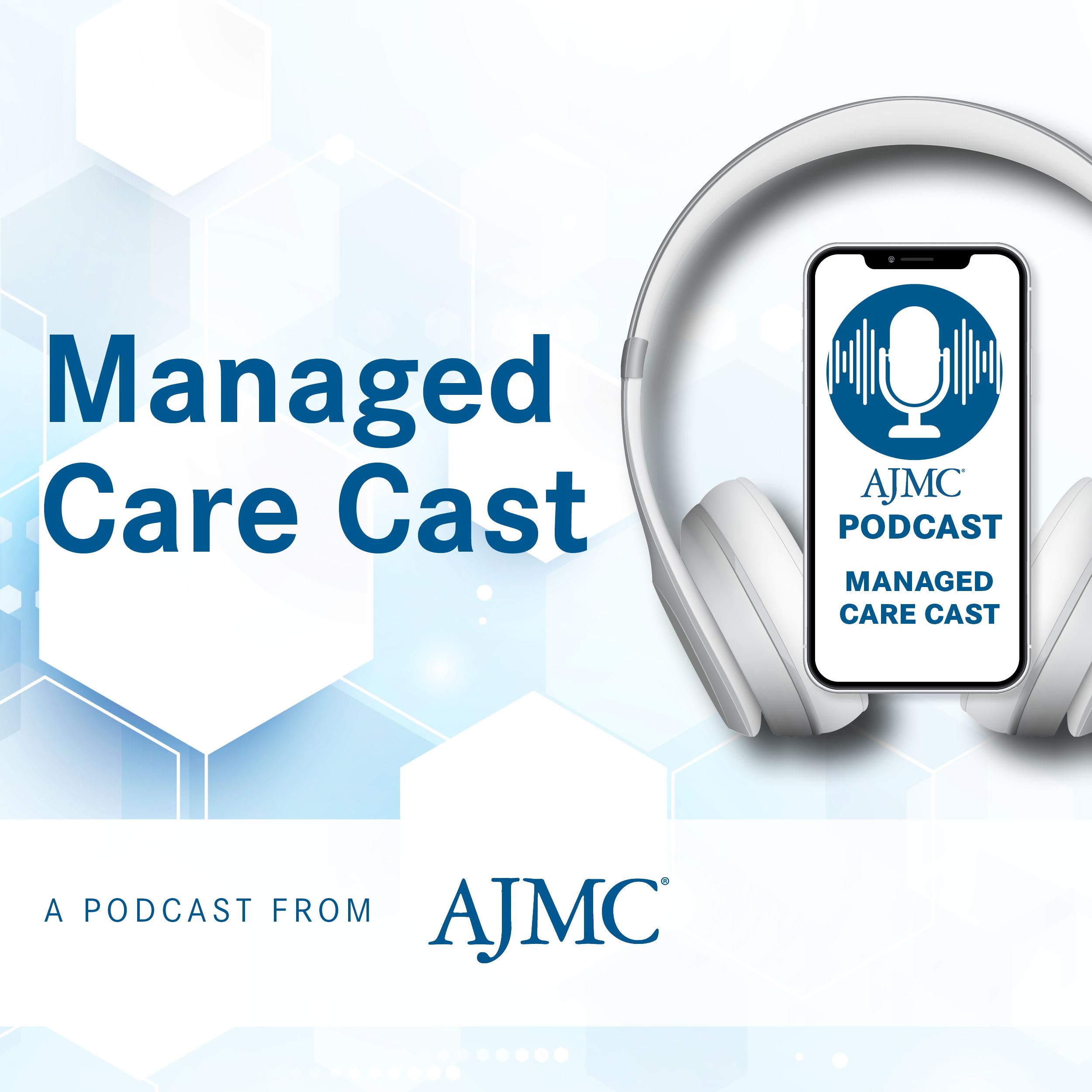News
Article
Dr Ajay Goel Explains How Liquid Biopsies Can Be Used in Future Care of CRC
Author(s):
Clinical use of liquid biopsies to determine the likelihood of CRC is the goal based on its effectiveness in recent studies.
Ajay Goel, PhD, AGAF, professor and chair of the Department of Molecular Diagnostics and Experimental Therapeutics at City of Hope, a cancer research and treatment organization, explained that liquid biopsies could be used in clinical practice given its early effectiveness in studies presented at Digestive Disease Week.
Transcript
How do you envision this test being used in routine medical care? Is it a practical form of testing?
We believe that this test is very close to maturation and can be used in the clinic fairly soon. So how will it be used? I envision, because we do colon cancer screening anyway at a certain age, but given that this test can capture not only regular late-onset colon cancer, it can also find early-onset colon cancer for which we do not have any kind of screening, let alone a blood test. We don't even do colonoscopy screening for those.
So, I think this blood test will be a game changer, because now you can use this very inexpensive, very simple blood test, probably in people a lot earlier than age 45, when the colon cancer screening begins. I would feel that if this test is affordable, which it should be because it is not a very expensive lab test for now, I believe that if it is affordable given [its] very high degree of accuracy in finding early-onset colon cancer, we can possibly use this test in people in their 20s as part of their annual health care [exam]. So, that they don't have to worry or be surprised one day they have some kind of abdominal pain, and they find the cancer growing.
I think the point of this test would be given it is so accurate, given it should be relatively affordable, we can use this test much, much earlier as part of annual health care. And we can use this as part of routine annual repeat visits, so that we don't miss anybody who has early-onset colon cancer. And at the same time, this test captures those who have late-onset colon cancer as well. So I think this would be a game changer in my mind that this would probably be a singular blood test for colon cancer screening, both for early onset and late onset [disease].
Can microRNAs be used in future assessment of CRC?
So that's important [question]. Again, I think that the beauty of using microRNAs, whether it's a liquid biopsy or tissue-based markers, they're very, very stable, the signal is very cancer specific, and we can use them in a very simple, inexpensive manner.
Most of the commercial tests currently focus on DNA-based mutations, methylation or some other analyte. And all of those signatures are very good in some ways. So, I must acknowledge that. The beauty of using methylation or mutations is that the degree of specificity is very high, because mutation is a typically yes or no signal: mutation is present or not present. So, that's good news. The signal is very specific. The challenge comes that you have very high specificity, but you don't have enough sensitivity because mutations don't happen frequently enough. So, that's why most of these tests which are based on mutations, they do not work for early-stage cancers, because early-stage cancers don't have enough mutational burden to be found.
So, when we look at microRNA-based markers, we address this issue of sensitivity, because in each cell, you have only 1 copy of DNA. But in each cell, you have many 1000s [of] copies of microRNAs and other RNAs. Which means there is a lot more signal to be found so you don't have to struggle with the technical challenge of low sensitivity because the signal can be easily found.
That's why we are focused on microRNA because they offer very high sensitivity but also when we look at exosomes, we get the specificity component addressed as well. So, that's the reason we focus on microRNAs to overcome the challenges of sensitivity and specificity together.
Newsletter
Stay ahead of policy, cost, and value—subscribe to AJMC for expert insights at the intersection of clinical care and health economics.





